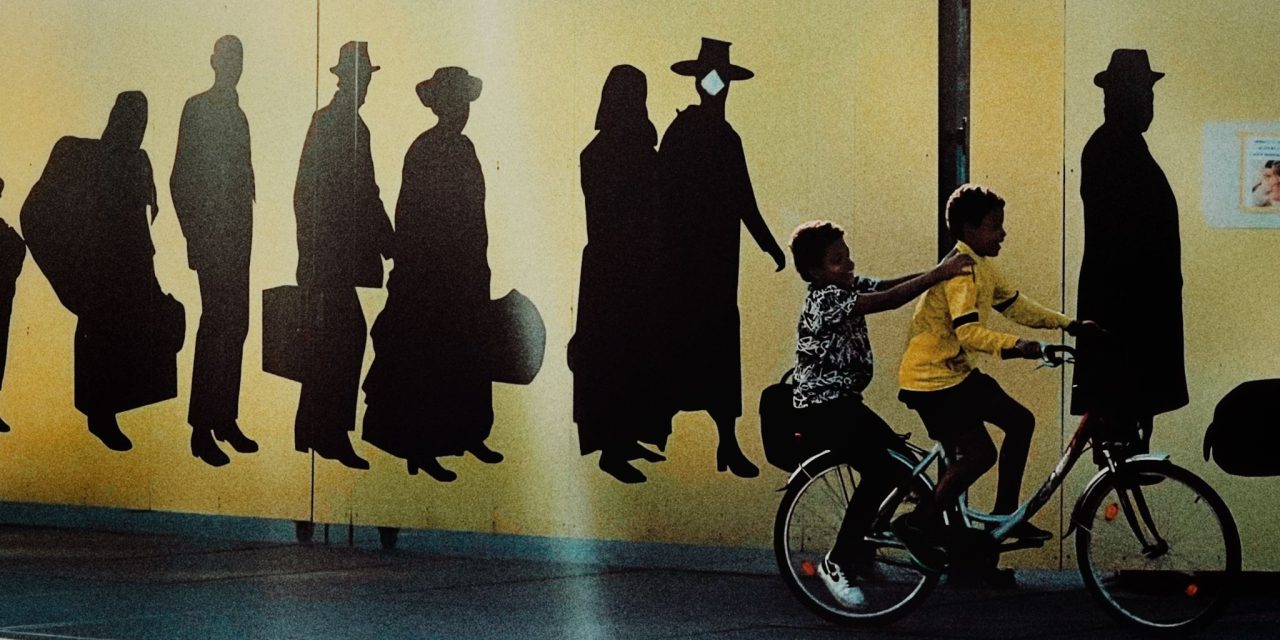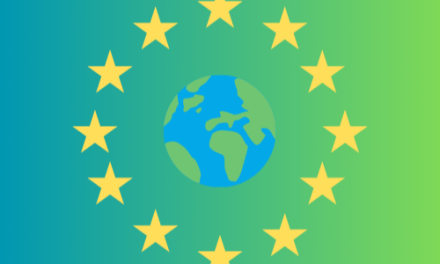8 years ago, on March 18, 2016, the European Commission and Turkey signed the EU-Turkey deal. But what did this deal involve, and why is it still important today?
“It’s a very famous name, the EU-Turkey deal, with the migrant crisis and the war in Syria. But nobody, or very few people, actually know what it entails politically,” says Floris Robben, a student of International Social Work and intern at Amnesty International’s Campaigning Department.
This agreement was created during the height of the migration crisis. It was made to reduce the number of migrants crossing the Aegean Sea into Europe by allowing them to stay in Turkey. In exchange, Turkish citizens would no longer need a visa to travel around Europe. The EU gave Turkey an initial 6 billion euros for education, humanitarian aid, infrastructure and cash cards for the refugees registered there. This was followed by monthly payments, which today, 8 years later, have accumulated to almost 10 billion euros. The deal also described a resettlement scheme, for every Syrian national returned to Turkey, another would be resettled directly from Turkey into the EU. Member states involved in the deal were expected to make enough places available to distribute refugees evenly across Europe.
At the time, this deal was celebrated as a new frontier in migration policy, and it did reduce migration flows for a while. However, it quickly began to fall apart. In 2023, the European Court of Auditors followed up on how the money had been used, but Turkey’s education minister refused to provide information on where the money was invested. On top of that, the resettlement scheme was stopped. Without support from other member states, the migrants started concentrating in Greece – causing refugee camps to overflow, and worsening the conditions of the camps.
“Greece was kind of purgatory, there was nowhere for people to go.”
Since March 2024, more than 50,000 migrants have been stranded in Greece, waiting to be granted asylum or returned to Turkey. Conditions in the camps have become increasingly dangerous, with facilities surrounded by barbed wire fences, and authorities enforcing strict curfews. There are not enough basic resources to go around and health services are limited. There are little to no security measures allowing crime to run free. Women and unaccompanied children are the most vulnerable as diseases and violence spread like wildfire across the camps. And, to avoid overcrowding, authorities keep pushing migrants back into the sea, leaving them to drown.
But despite this controversial reality, the EU-Turkey deal continues to be praised and is even used as a template for newer deals. Amnesty International and other humanitarian groups have taken action by holding the Dutch state accountable and filing a lawsuit in March 2023. The lawsuit challenges the deal for its lack of a human rights perspective and its failure to hold member states and Turkey accountable for not upholding their obligations, which has perpetuated the inhumane treatment of migrants.
“It’s really not a political statement. We’re just saying what’s happened here – it was a huge violation of human rights,” Robben adds.
The EU-Turkey deal represents not only a failure of international cooperation but also a disregard for human rights standards. Camp conditions are being criticized by many European inhabitants, as they feel like decisions such as the EU-Turkey deal are being made at the expense of people who are desperately seeking a new life





